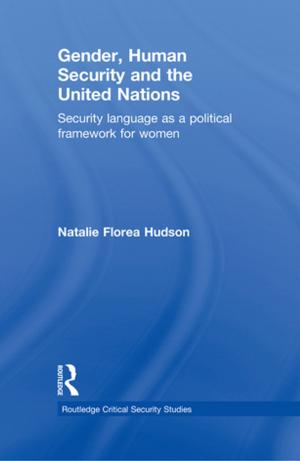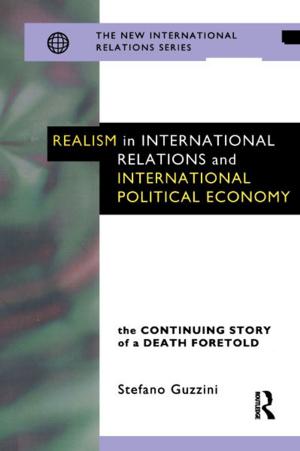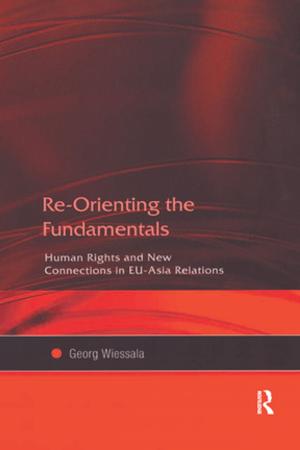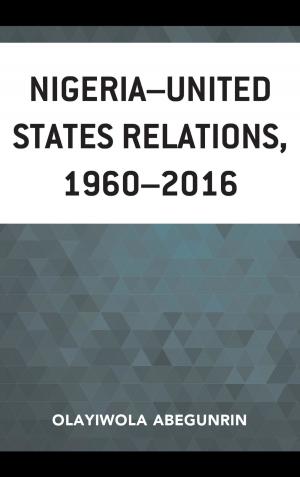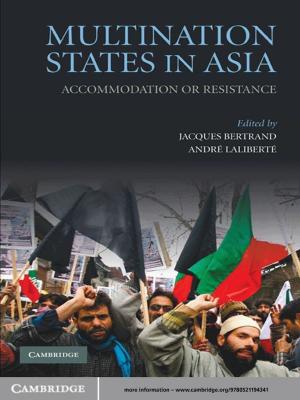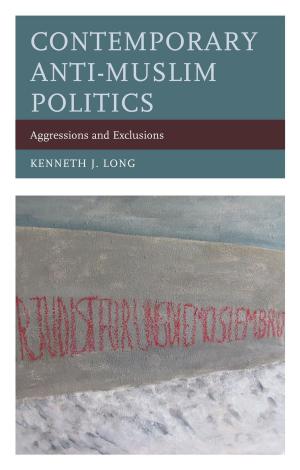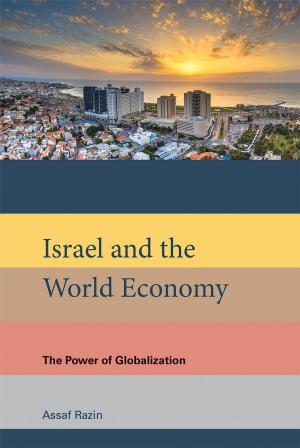Madaraka: The Poor Shall Inherit the Earth, Including Its Natural Resources
Nonfiction, Social & Cultural Studies, Political Science, International| Author: | Wanyee Ahmed Kinuthia | ISBN: | 9781310442797 |
| Publisher: | Wanyee Ahmed Kinuthia | Publication: | February 16, 2014 |
| Imprint: | Smashwords Edition | Language: | English |
| Author: | Wanyee Ahmed Kinuthia |
| ISBN: | 9781310442797 |
| Publisher: | Wanyee Ahmed Kinuthia |
| Publication: | February 16, 2014 |
| Imprint: | Smashwords Edition |
| Language: | English |
“Madaraka” is the Swahili word for self determination. Article 2 of the United Nations 1960 Declaration on the Granting of Independence to Colonial Countries and Peoples states: “all peoples have the right to self-determination; by virtue of that right they freely determine their political status and freely pursue their economic, social and cultural development."
This book aims to provide readers with a general overview of neoliberal (economic/corporate) globalization – presently militarized via the fabricated U.S-led War on Terror – and to draw attention to the political economy of this exploitative system, which is marked by increasing inequality, oppression, and the exploitation of both people and the natural environment, exclusively for profit.
Readers with an interest in development studies and the corporate mining/extractive industry, as well as “securitization”/security studies, will find this to be a useful resource, as globalization continues to present many new opportunities and challenges.
“Madaraka” is the Swahili word for self determination. Article 2 of the United Nations 1960 Declaration on the Granting of Independence to Colonial Countries and Peoples states: “all peoples have the right to self-determination; by virtue of that right they freely determine their political status and freely pursue their economic, social and cultural development."
This book aims to provide readers with a general overview of neoliberal (economic/corporate) globalization – presently militarized via the fabricated U.S-led War on Terror – and to draw attention to the political economy of this exploitative system, which is marked by increasing inequality, oppression, and the exploitation of both people and the natural environment, exclusively for profit.
Readers with an interest in development studies and the corporate mining/extractive industry, as well as “securitization”/security studies, will find this to be a useful resource, as globalization continues to present many new opportunities and challenges.

